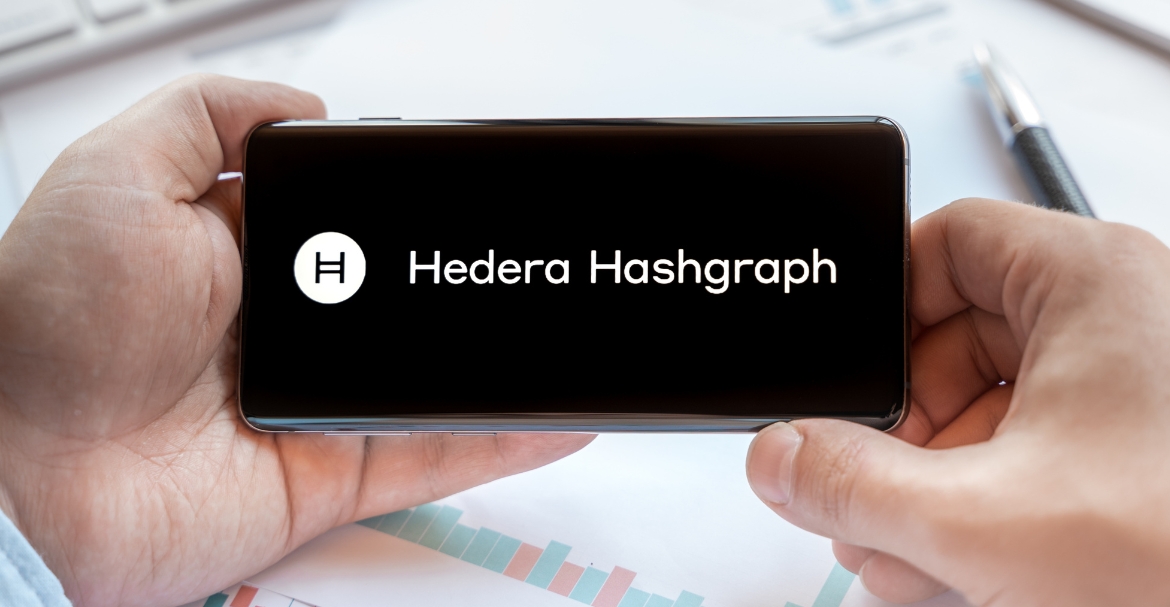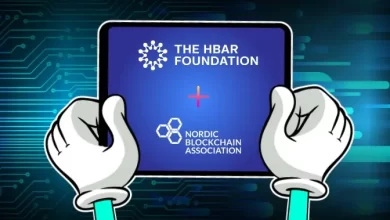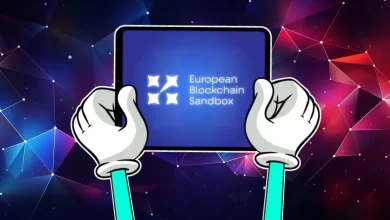Hedera now hosts Smart Contract Verification

Hedera and Sourcify are now hosting Smart Contract Verification, with a few changes to the previous editions. This includes UI/UX modifications, removing support for other chains, and extending support for testnet or previewnet resets. The code base is open source, enabling anyone to view and contribute. Users will now see Hedera as an option in Sorcify.dev.
The development brings a total of three verification options. These are verify.hashscan.io, hashscan.io, and Sourcify for other blockchain explorers. Hashscan.io offers a broader verification perspective, while verify.hashscan.io does a limited job.
The process of performing Hashscan Smart Contract Verification begins with the deployment of smart contracts in the Hedera ecosystem. A user navigates to Hashscan and finds an unverified deployed contract. They must choose a Verify Contract to proceed. The third step requires them to upload the source code files, after which users will be able to see the verification status of smart contracts. Users can access additional details linked to source code files and verification information.
Users can view the source code by clicking the View Contract Sources button. Hedera has said that the Smart Contract Verification will be crucial for the DeFi sector, adding that they aim to bolster security and transparency between the users and owners of smart contracts. Most importantly, the development allows users to review and access source code, knowing there is a perfect match.
Smart Contract Verification on Hedera is a development that aligns with its goal of becoming the most preferred platform for reliable on-chain programmability.
Smart Contract 2.0 launched in February 2022. It has undergone upgrades in features and capabilities. However, the verification mechanism was long overdue, considering not every user is technically advanced enough to undertake some of the complicated functions. The overall process starts when the owner deploys the contract and the user or the owner accesses the verification service. The verification service compares the compiled bytecode with the bytecode of the deployed contract on the network.
When there is a full match, a perfect match is created. Other categories include partial matches and no matches. When there is a full or partial match, the system exclusively retains the verification results. After verification, the source code is uploaded to a repository. However, users should conduct independent research as the verification process does not provide any assurance regarding the smart contract’s integrity, safety, or maliciousness. The inclusion of a verification mechanism merely provides the opportunity to examine the source code.
The development comes days after Hedera reported processing thousands of transactions per second. Hedera Mainnet, as of November 2, 2023, was processing 2,443 TPS (transactions per second). The number of total transactions now stands at 26 billion since its inception. Smart Contract Verification is now live on Hedera and has been cited as a must-have offering for DeFi products.



